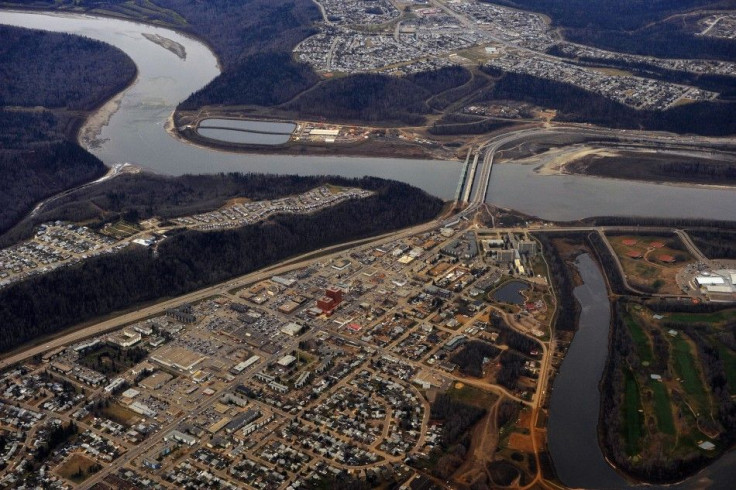Oil sands OK starts option clock for Athabasca

Athabasca Oil Sands Corp has won regulatory approval for its MacKay River oil sands project, opening a one-month window that could result in its state-owned Chinese partner taking full control of the development.
As part of a previous funding deal, Athabasca and its joint-venture partner, PetroChina, have options to trade the Canadian company's 40 percent interest in the 150,000 barrel a day project in northern Alberta at a strike price of C$680 million ($665 million).
If either the put or call options get exercised, Athabasca would have to repay loans advanced by PetroChina, which totaled about C$468 million at the end of September.
With approvals from the Alberta Energy Resources Conservation Board and the provincial environment ministry in hand, both sides have 30 days to decide whether to pull the trigger on the put or call options. Athabasca has said that if options for MacKay River and another larger project, called Dover, are exercised, three of its other, 100-percent owned, prospects would be fully funded.
Athabasca's projects are part of a rush of developments mixing Canadian resources and Asian money.
Obviously it's a very material event for us and I really can't comment on the possible outcome, but both parties are looking at the possibilities, Sveinung Svarte, Athabasca's chief executive, told Reuters.
Athabasca has said that if all positions remain the same, it would spend C$187 million on MacKay River in 2012. Construction on the 35,000 bpd first phase is scheduled to start next month with first production slated for 2014.
MacKay River is a steam-assisted gravity drainage project, in which steam is pumped into the ground to loosen up the tar-like bitumen so it can flow to the surface in wells.
Construction costs are expected to be around C$37,000 per daily barrel of crude, which is in line with Devon Energy Corp's recently announced expansion of its Jackfish project, Svarte said.
That would put the cost of first phase of MacKay River at about C$1.3 billion.
Steam-driven projects are not as labor- and materials-intensive as those involving mining, bitumen extraction and upgrading plants, so they are not as susceptible to cost overruns, he said. Also, much of the equipment is assembled in the United States, away from the higher costs associated with Alberta's growing boom.
PetroChina is one of several Asian companies with investments in Canadian oil sands assets and developers.
China, Thailand, South Korea and Japan are among countries flocking to Canada as a stable source of energy supply and one that has welcomed foreign investments. A snag so far, however, has been the lack of a supply route to the Pacific from the oil sands deposits of Alberta.
Next month, public hearings are scheduled to begin for the first new project aimed at shipping large volumes of oil sands-derived crude to Canada's West Coast, Enbridge Inc's C$5.5 billion Northern Gateway proposal.
Athabasca shares fell 1 Canadian cent to C$12.11 on the Toronto Stock Exchange on Wednesday.
© Copyright Thomson Reuters 2024. All rights reserved.





















